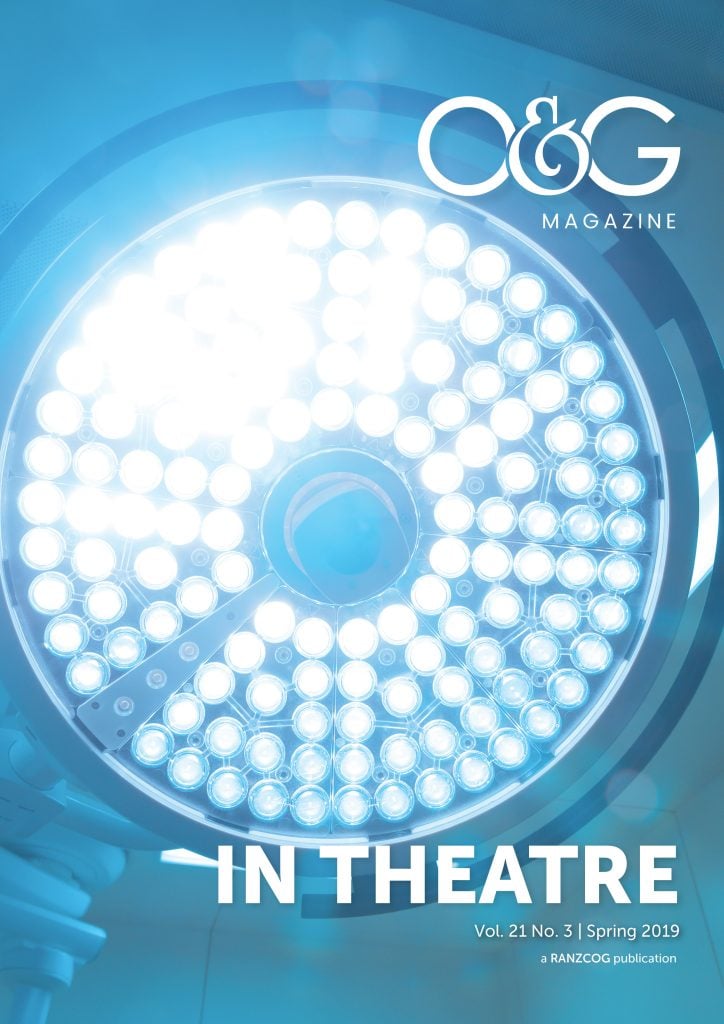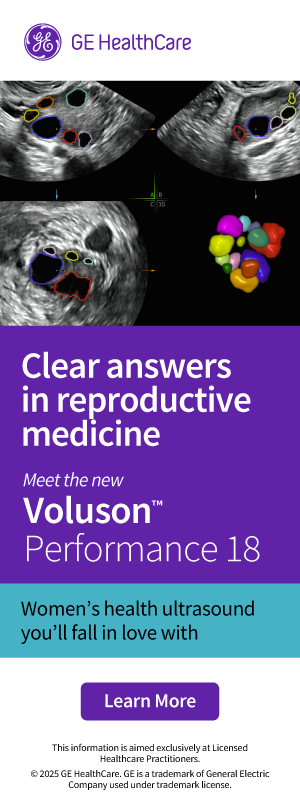The words ‘in theatre’ convey so many intimations. The thrill. The pomposity. The responsibility. The pursuit of perfection. The teamwork. The hierarchy.
It is the aspect of our jobs that inspires countless dramatisations and is most mythologised by the community. In contrast, the words ‘in clinic’ seem drab and inspire only thoughts of packed waiting rooms and piles of charts to be dictated.
The operating theatre is a unique place within the hospitals in which we work. Born of the anatomical amphitheatres of the Renaissance and evolved from the noisy, dirty and crowded tiered spaces of the 19th century, theatre still carries insinuations of spectacle and performance. Indeed, ask any trainee what yardstick they use to measure their own progression and it will usually be procedural performance in the operating theatre. As consultants, such is the emphasis that we make special provisions to ensure that our lists run well, that we are well rested and that we have exactly the equipment and teams that we need. This is in direct contrast to how we regard the rest of our duties and marks the operating theatre as a different place in our psyches.
In this issue, the editorial team have deviated from delivering a variety of ‘how to’ guides for procedures and have instead intentionally decided to focus on the ‘meta’ aspects of operating in theatre. There are useful contributions providing technical advice on a number of dilemmas from ergonomic safety through tips and tricks for operating upon obese patients to anaesthesia and the prevention of surgical site infections. Sadly, we were not able to provide an article on ERAS (early recovery after surgery), but it is a worthy topic in this area. The RCOG Scientific Impact Paper titled Enhanced Recovery in Gynaecology is a good resource on this subject.1
Training is also touched upon, with controversial questioning about whether FRANZCOG surgical training is fit for purpose, and at the other end of the spectrum, a discussion about finding the appropriate time in a career to shelve those white wellington boots.
Non-technical skills in the operating theatre are quickly becoming a fundamental issue in procedural specialties. The impact of recent controversies regarding surgeon behaviour, bullying and harassment and trainee welfare has seen a renewed focus on these soft skills. At the same time, there is increasing evidence that unprofessional behaviour by surgeons does have a direct effect on patient safety, with a recent study by Cooper et al demonstrating that surgeons who were complained about by their co-workers on the basis of their behaviour had a significantly increased risk of complications.2 Such is the recognition of the importance of this that the Royal Australasian College of Surgeons has developed, and is now delivering, a workshop on non-technical skills for surgeons focusing on situational awareness, communication, decision-making, leadership and teamwork.
It is in this context that it is very pleasing to see a plethora of articles discussing these soft skills in the operating theatre in greater detail and with a context relevant to our specialty. There is a focus on safety and quality as well as articles on behaviour and professionalism.
Perhaps it is time for broader recognition that being in theatre means so much more than just being procedurally proficient and that this recognition should bring with it more formalised teaching of these skills to our trainees and provision of such resources for the members of the College.






Leave a Reply